15 Things You Should NEVER Put on Your Resume
When crafting your resume, it's important to avoid certain elements that can detract from your professional image or lower your chances of landing a job.
Here’s a list of 15 things to NOT put in your resume, as recommended by recruiters.
If your resume contains any of the following items, we recommend that you change it and change it fast…
- Cover page. If all it says is your name and “resume”, we don’t need to see it. We will work out pretty quickly what the document is.
- A full-page photo headshot. In fact, any photo of you. Especially if it is taken in active wear, at a social event or with you dressed up in formal attire.
- Work history going back to any decade with the numbers 1970, 1980 or 1990. Even Early 2000’s can be questionable now so only include any early history which is highly relevant to roles you are applying for.
- Objective statement. Instead, consider using a professional profile summary that highlights your skills and what you bring to the role.
- Personal information such as date of birth, age, marital status or tax file number.
- Excessive buzzwords. Jargon like “innovative,” “team player,” or “synergy” without examples can make your resume sound generic and obviously written by ChatGPT.
- An unprofessional email address like "[email protected]" or "[email protected]". Use a simple and professional address with your name, ideally from a service like Gmail or Outlook.
- A reference that is a relative of any kind (unless the only person you have EVER worked for is your relative and you had no contact with anyone else in the business).
- A copy of the duties straight out of a job description that you have pasted into your resume. Be a bit more creative.
- Every single thing that you did in your role but writing it creatively. Summarise key duties into like topics e.g. organising boardroom lunches, choosing catering, paying catering invoices and quality control can all be summed up as “boardroom catering” and we will know what you mean.
- The salary you were paid in your roles. Although it makes a recruiter or employers life easier and makes for interesting reading, leave it out.
- Details of structured study you have undertaken which is ambiguous. For example, Bachelor of Management – Marketing, Uni SA 2014. Did you start in 2014? Did you finish in 2014? Did you go to one lecture in 2014? Try again: Bachelor of Management – Marketing, Uni SA 2012 – 2014. If you completed 1 year, we recommend that you document this.
- Irrelevant professional development and training. Doing a half day training session in Corel Draw in 2001 is not relevant to anyone. At all. Critically look at the professional development you have undertaken. If the training that you have taken is still relevant leave it in. If standards, legislation or software has changed since you last studied, leave it out.
- Pages 6, 7, 8, 9 etc. Keep your resume tight and lose the length.
- Listing too many hobbies or personal details that are unrelated to the job. This can take up valuable space so just include a few key hobbies that give a little insight into your personality.
By avoiding these pitfalls, you'll create a cleaner, more professional resume that appeals to recruiters and hiring managers.














